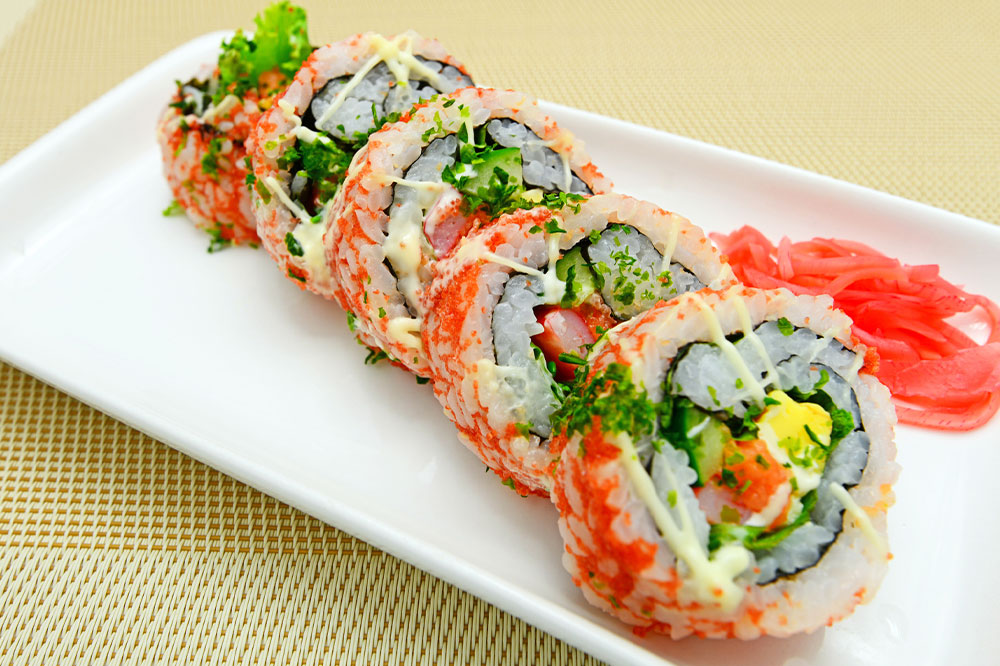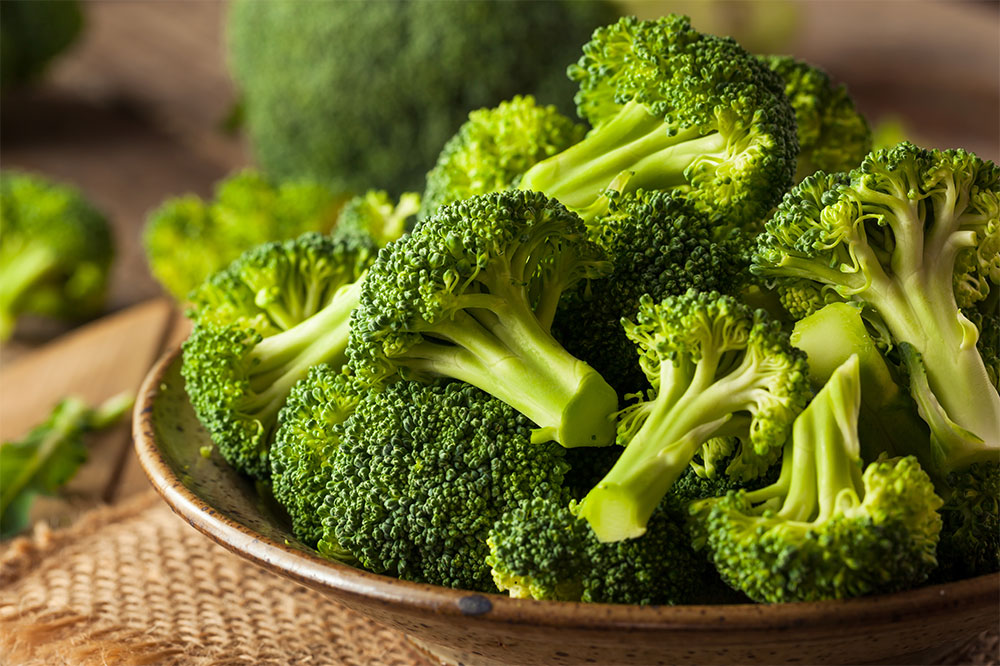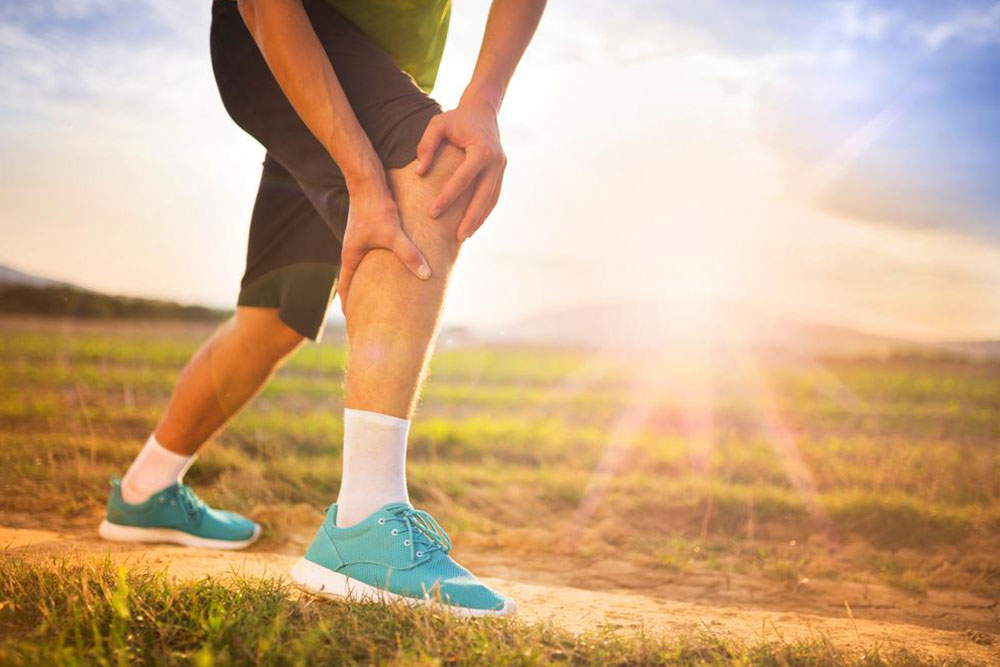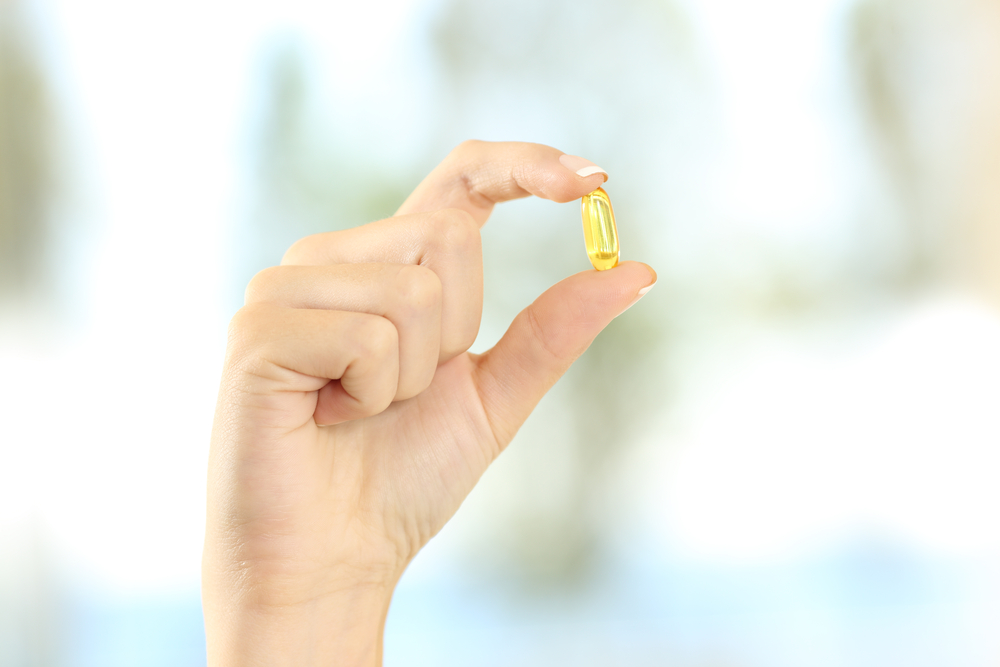Essential Dietary Tips for Cancer Patients: Foods to Avoid
This article highlights eight key foods to avoid during cancer treatment, emphasizing the importance of dietary choices for immune support and recovery. It discusses unpasteurized dairy, raw eggs, undercooked meats, contaminated greens, raw sprouts, improper leftovers, fast foods, and dehydrating beverages. Strategic dietary habits can enhance treatment outcomes and overall health. Always consult healthcare providers for tailored advice to suit individual needs and ensure safe nutrition during cancer therapy.
Trusted Nutrition Advice for Cancer Care
Proper nutrition is key to supporting health and combating disease, especially during cancer treatment. Certain foods can hinder recovery or increase health risks. Being mindful of what to avoid can make a significant difference. Here are the top foods to steer clear of during your cancer journey.
Unpasteurized dairy
Raw milk, unpasteurized yogurts, and soft cheeses like Brie carry harmful bacteria. Since immunity is compromised, these bacteria can cause infections.

Raw eggs
While nutritious, eggs should be cooked thoroughly. Raw egg dishes, such as raw cookie dough or hollandaise sauce, risk Salmonella infection, which is dangerous when immune defenses are lowered.
Undercooked meats
Consuming rare or raw meats, like sashimi or steak tartare, can expose you to bacteria or parasites. Always cook meats to safe internal temperatures: 145°F for beef and lamb, 160°F for ground meats, and 165°F for poultry.
Contaminated produce, especially leafy greens
Thoroughly wash all produce, even if labeled pre-washed. Leafy greens and herbs can harbor bacteria such as E. coli or Salmonella, especially if grown in contaminated environments.
Raw sprouts
Fresh sprouts are common in salads but pose contamination risks from bacteria like E. coli. It's safer to avoid raw sprouts during treatment to prevent infections.
Improperly stored leftovers
Foods left unrefrigerated for over two hours can develop harmful bacteria. Keep hot foods above 140°F and cold foods below 40°F to prevent foodborne illnesses.
Fast and processed foods
In fast foods, nutritional value is low, and ingredients often include excess salt, fats, and preservatives. Limiting these helps support overall health during treatment.
Dehydrating beverages and salty foods
Sodas, caffeinated drinks, alcoholic beverages, and salty snacks can dehydrate the body. Staying well-hydrated with water is essential for recovery and managing treatment side effects.
Committing to a balanced diet and healthy habits can lower long-term cancer risks. Regular activity, maintaining healthy weight, and cautious skincare practices are also important. Always seek personalized advice from healthcare professionals to optimize your dietary choices during treatment.


